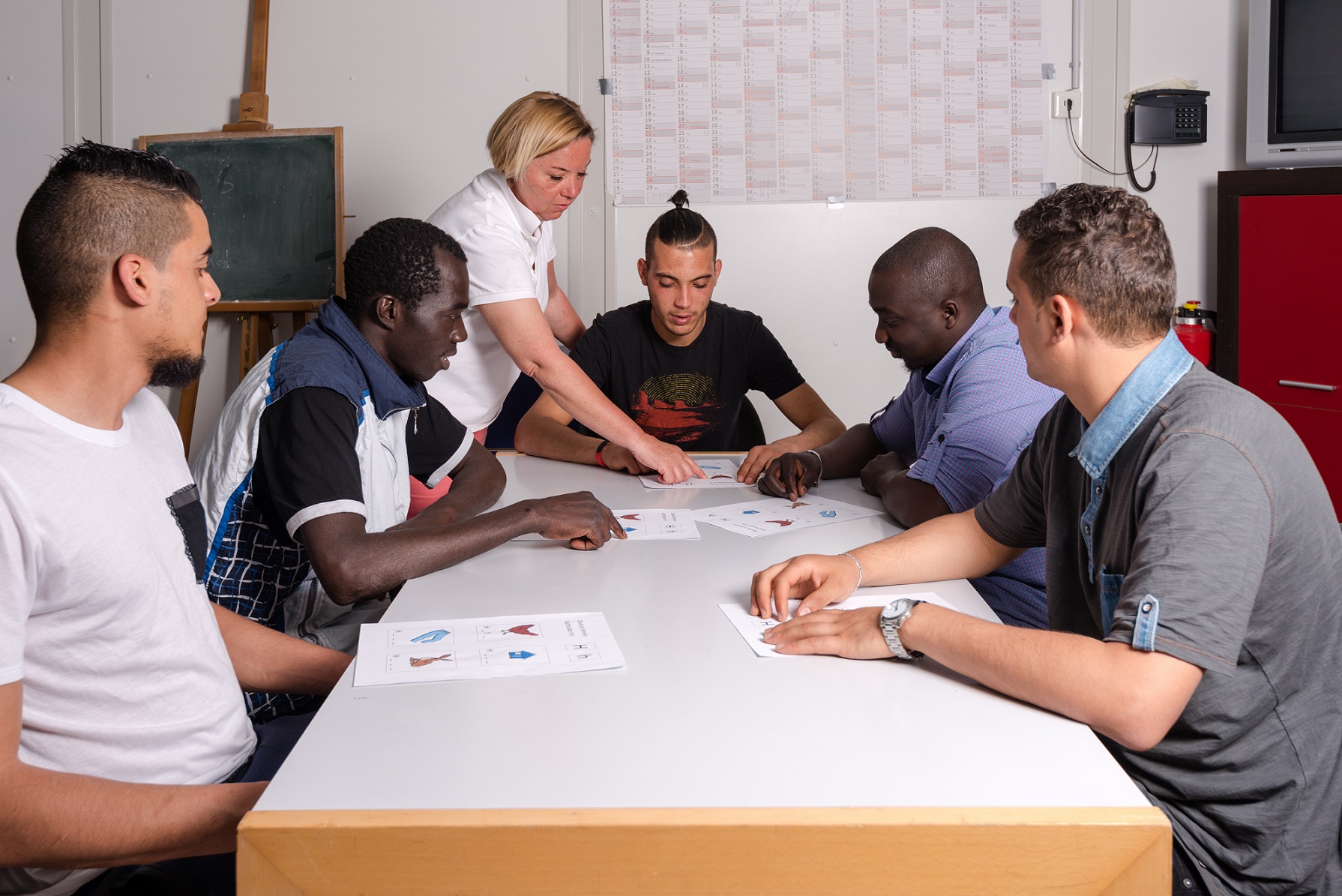Migration
The ETUCE Standing Committee for Equality is a consultative body to the ETUCE Committee. It seeks to move forward the priorities and recommendations on equal opportunities set out in the ETUCE Work Programme. It also puts forward recommendations about priority themes and working methods regarding equal opportunities in education, the teaching profession and teacher unions.

Related topics
- Европейские отраслевые социальные партнеры в секторе образования за эффективную интеграцию мигрантов и беженцев в образование (2017-2019)
- Empowering education trade unions to address gender equality in the teaching profession through social dialogue (2018-2019)
- Education Trade Unions and Inclusive Schools: Embracing Diversity in Education (2019-2021)
- ESSDE partners promoting migrant and refugee integration (2017-2019)
Related news
Europe is part of a globalised and interconnected world where international mobility is expected to increase. Some of the main challenges include using the opportunities offered by migration better also in the context of an ageing population and declining labour force, while preventing and reducing irregular migration and fulfilling EU's asylum obligations. To this end, the European Commission DG-Home Affairs published in March 2014 its Communication and accompanying staff working document to the European Parliament and the Council, the European Economic and Social Committee and the Committee of the Regions, entitled An Open and secure Europe: making it happen (COM(2014) 154 final). Following up on the Stockholm Programme, which framed the EU policy in the area of justice, freedom and security until 2014, the new communication sets priorities in the migration field for the period 2015 to 2019. Four out of five chapters are dedicated to movements of people across EU Borders, including economic migrants, asylum seekers and legitimate travellers. See also the ETUC position on the new European Commission's five-year programme on migration.
ETUCE monitors the developments in the EU migration field that have an impact on the education sector. With a view to effectively contributing to the Europe 2020 Strategy for smart, sustainable and inclusive growth, Europe needs a migration policy that attracts new talent and that can compete at global level. That is why synergies between different policy areas, for example between migration and employment, education, development and trade policies are helpful. Europe seeks to attract and retain highly-skilled professionals and international students, as well as promoting education among legally-resident migrants as a way to help secure supply of the skills needed for the EU labour market in the future. The European Union wishes to assess jointly via structural dialogues with Member States, businesses and trade unions the demand for labour migration and trade related mobility.
ETUCE supports the priorities set-out in the ETUC Action Plan on Migration and the ETUC Final Strategy on Migration and Inclusion, as well as the ETUC Resolution for a More Effective Protection of Migrants and Refugees, their Lives and their Rights on the EU's Borders.
Looking more closely at the impact of migration in the education sector, the effect is twofold: it concerns staff (see chapter on mobility) as described in the EI study Getting Teacher Migration and Mobility Right; it also regards the skills and competences teachers and other education staff require to respond to the needs of children and young people with a migrant background. In this field, the ETUCE Committee adopted a set of recommendations proposed by the ETUCE Standing Committee for Equality in 2014. ETUCE has also participated and contributed the meetings of the SIRIUS network, a European Policy Network on the education of children and young people with a migrant background.
The International Migrants Day is celebrated on 18 December.